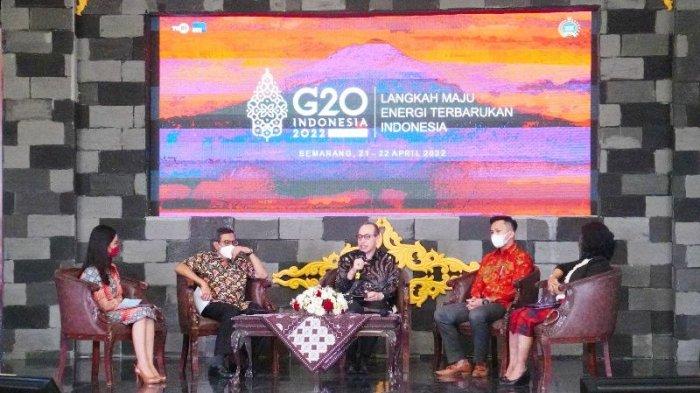DERAP NUSANTARA
Genome data sharing to address future pandemic potentials
In COVID-19 handling, genome sequencing produces the SARS-CoV-2 virus genome data to obtain the characteristics of the viru
Earlier, the global initiative concerning open access for the influenza virus genome data had been realized in the form of the Global Initiative on Sharing Avian Influenza Data (GISAID) in 2008.
This step was taken in response to the spread of the H5N1 virus that causes avian influenza.
At the start of the GISAID formation, Indonesia supported the existence of the platform that aims to facilitate data exchange on avian influenza.
The GISAID platform can be used by anyone as long as they confirm their identity and comply with the database access agreement.
This is done to prevent users from sharing the data with other parties that do not agree to the conditions for utilizing the GISAID data.
GISAID currently has the largest collection of SARS-CoV-2 sequence data in the world, starting from the complete genome data of the virus in 2020.
Until mid-April of 2021, there were 1.2 million submissions of data related to the virus from hundreds of nations.
In April 2022, more than 10 million virus genome sequence-related data had been accumulated.
Data sharing
The importance of data sharing was also echoed by virologist I Gusti Ngurah Kade Mahardika, who noted that Indonesia benefits immensely from genome sequence data sharing.
Indonesian researchers can not only obtain the products from the research conducted based on the shared genome sequence but also access the genome data diversity.
"Every Indonesian research can download the data free of price by only citing the sources," Mahardika explained.
In particular, he pressed for greater involvement from Indonesia on the genome data sharing platform since Indonesia's contribution in data sharing has not been optimal.
From the 10 million SARS-CoV-2 sequence data that exists, Indonesia contributes only 10 thousand to 20 thousand. This sub-optimal contribution also applies for other categories, he remarked.
To this end, he highlighted the importance of bolstering Indonesia's role in genome sequence data sharing.














